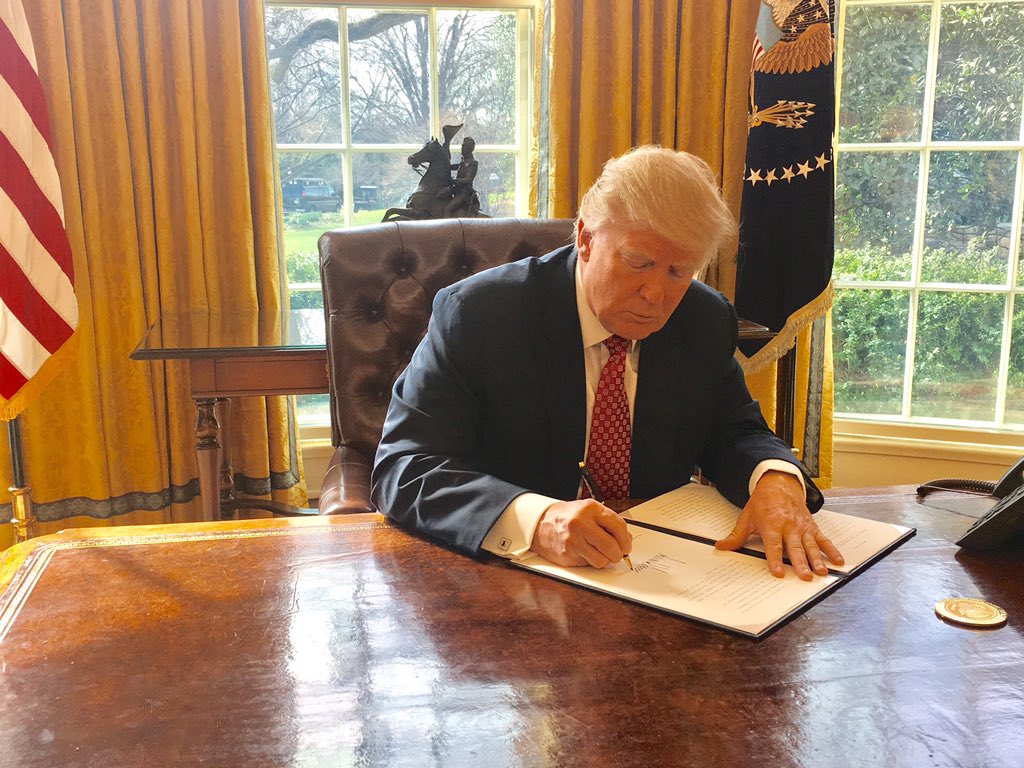
By Ryan Cahill
Staff Writer
When the Federal Communications Commission passed their repeal of net neutrality, it became clear to most that this administration was not internet friendly. To reinforce this opinion, a new bill has passed the Senate with an overwhelming majority which threatens frees-speech over the internet.
The Stop Enabling Sex Traffickers Act passed the Senate with a staggering 97-2 vote, showing that this bill is approved of by both parties. The name of the bill is inspiring, after all, who wouldn’t want to stop sex traffickers.
But the bill doesn’t potentially stop sex traffickers, it only hinders resources that can help victims of sex trafficking, as well as freedom of speech on the internet.
The contents of this bill take away previous protections that websites had for the contents that appeared on their pages. For example, if a site’s users posted something illegal on the site, then the site would not be in any legal or civil trouble if the site took down the post and were not promoting the contents of the post. This allowed sites autonomy over the contents of their pages if they were diligent in upholding the law.
The SESTA strips away this protection from web pages. Now, websites are responsible for what appears on their sites.
Some websites in response to the likelihood of the bill’s passing have already started to take down content that may result in trouble for the sites.
Craig’s List in response has removed their personals section on their website to eliminate the potential legal issues. The potential signing of this bill has raised ire amongst several communities. Even the ones that this bill is supposedly trying to protect.
Sex workers advocacy groups like Sex Workers Outreach Project worry that the censorship of anything relating to sex trafficking may hurt sex workers looking for help.
Also, some lawmakers think that this bill will make it harder to track and prosecute sex traffickers, as it will delete and ban data posted by them.
Another side-effect that this bill may allow is censored speech on the internet.
This bill could set a precedent on censorship on the internet.
This bill could open vulnerabilities in free-speech. The ACLU suggests that this bill would “lead to increased online censorship” since the bill is too broad. With the removal of net neutrality and the impending approval of SESTA, it appears to be dark time for America’s online presence.
If you wish to see a free internet, the contact your local representative to let your voice be heard.
Also, consider donating to organizations such as the ACLU and the Electronic Frontier Foundation, as they seek to keep the internet a bastion of our first amendment.
Email Ryan at:
rcahill1@live.esu.edu

